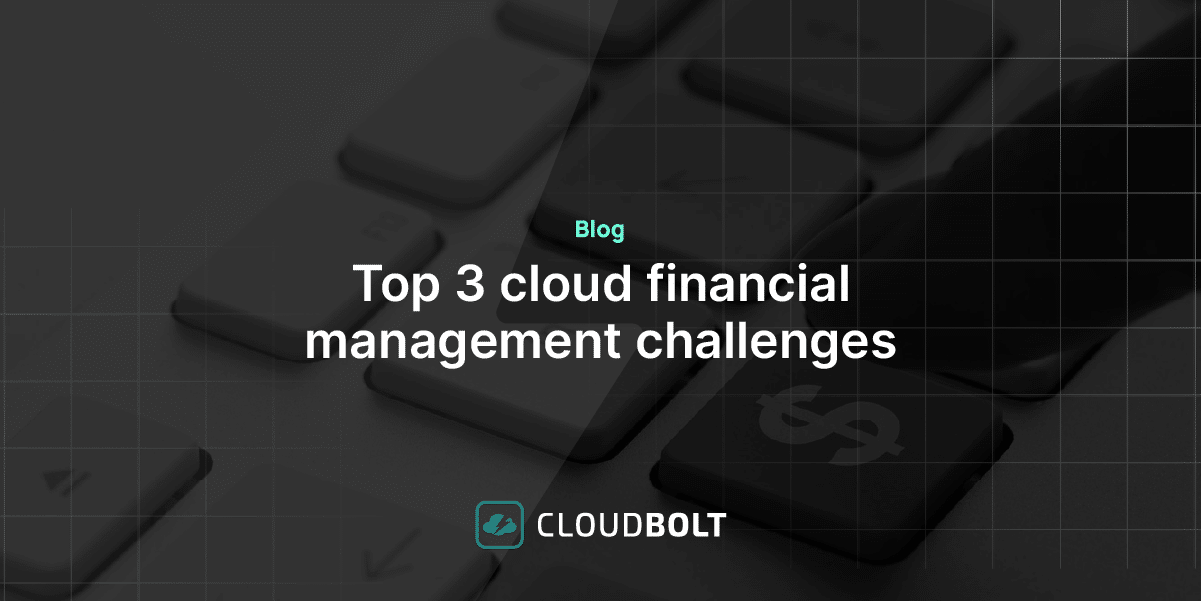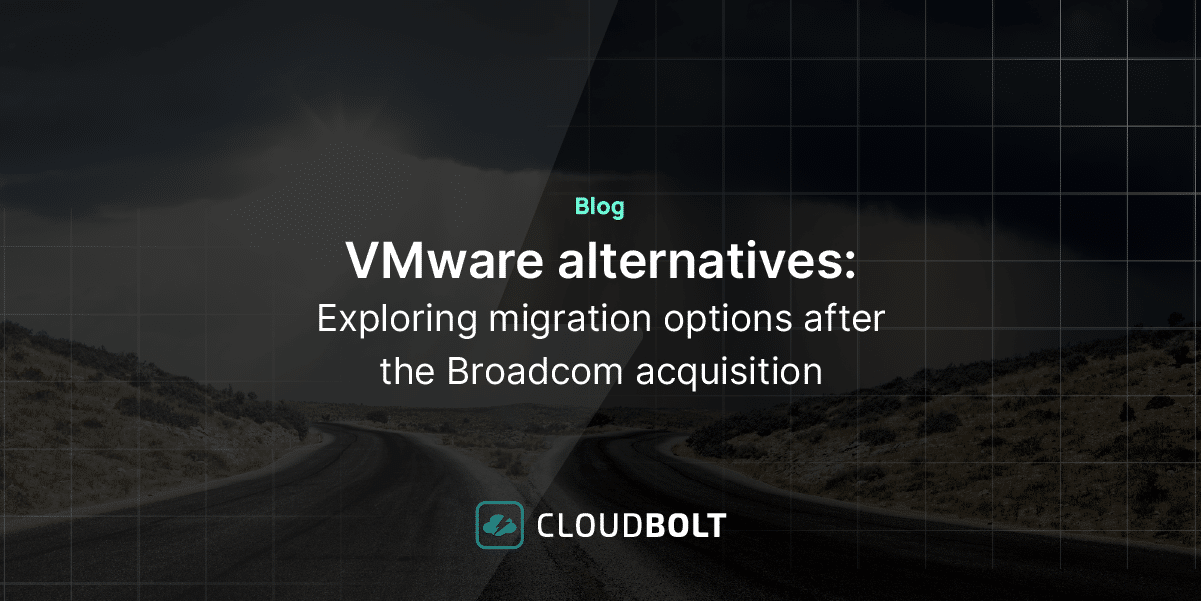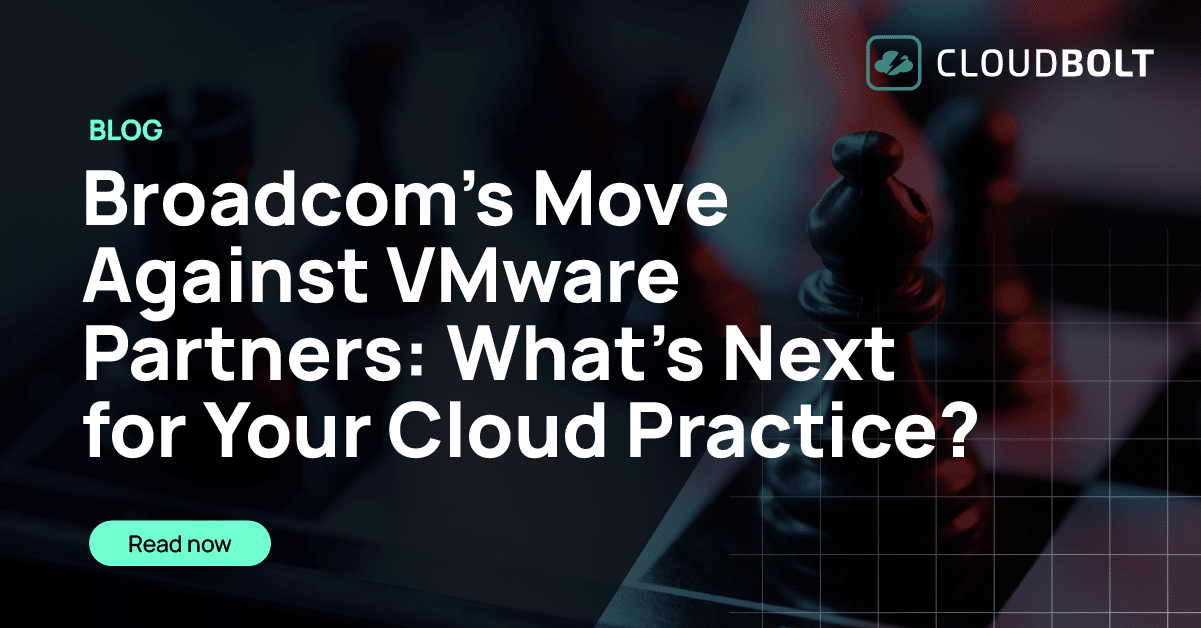
Cloud computing has become essential for business agility, scalability, faster deployment, and lower costs of ownership. As a result, more and more enterprises are adopting multi-cloud. But the lack of proper cloud management expertise and knowledge makes it extremely challenging and expensive to manage. This often leads to recurrent downtimes, performance issues, and overall negative experiences.
For this reason, many organizations have turned to use cloud management solutions. These tools help organizations that are short on resources to manage their private, public, and hybrid cloud deployments. Cloud management tools are driving operational efficiency for the modern enterprise by unifying multi-cloud environments.
Most cloud management tools perform the same core functions. But they didn’t start from the same design philosophies. Most tools form their roots with the specific public or private cloud environments in mind. With time, they evolve and include features that are more relevant to their users.
If you’re looking for a cloud management solution for your organization, we have a few key features that are must-haves.
1. Provisioning and Orchestration
This helps with the management of interactions between workloads on your private and public cloud deployments. You can easily connect automated tasks into a single workflow to achieve certain tasks and goals. This comes with policy enforcement and permissions oversight.
2. Resource Optimization and Cost Management
You should be able to use cloud management solutions to optimize resources. This will help you derive maximum value from your multi-cloud deployment with careful planning and strategic thinking.
3. Cloud Migration, Backup, and DR
The cloud management solution should enable you to migrate applications and data to the cloud seamlessly. You should be able to do this while implementing proper disaster recovery and backup measures. This ensures business continuity and rapid recovery of full applications, individual files, and even entire data centers should the need arise.
4. Identity, Security, and Compliance
The tool should guarantee the security of your data and applications in your cloud environment. It should have security measures built in to prevent data breaches while adhering to data protection policies and laws.
5. Packaging and Delivery
The ideal tool should enable you to assess your apps, learn how frequently you use them, and who uses them. This should allow you to deliver the best cloud experience to end-users.
6. Monitoring and Analytics
A cloud management solution should give you control and visibility into your cloud deployments. This will allow you to understand the performance and availability of app components. Use this information to guarantee optimal performance and get alerts whenever problems arise.
7. Product Support and Patch/Release Cycles
It’s important to understand vendor patch releases for both enhancements and fixes. Ask for the frequency and cycles of releases in their development cycles. This is because such changes normally affect users of the tool.
8. Hosting Environment Requirements
Some tools are for an on-premises installation or deployment within a cloud service. Others come as a Software as a Service (SaaS). Find out beforehand what the vendor is offering since it might affect the total cost of ownership, network connectivity profile, personnel requirements, and the level of control you have over the tool.
See for yourself if CloudBolt is a good fit for your hybrid cloud environment.
Related Blogs

Top 3 cloud financial management challenges
Introduction As cloud costs continue to rise, comprising an ever-larger share of IT budgets, there is increasing executive scrutiny on…

